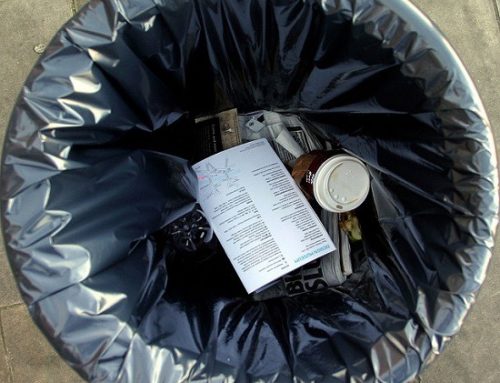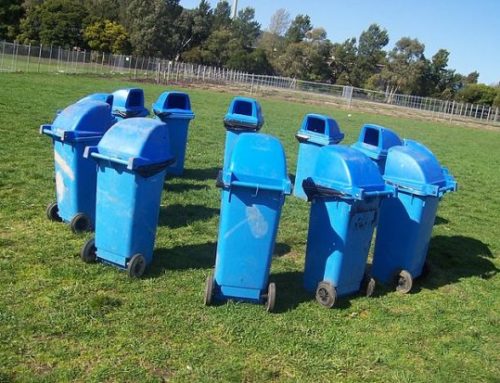by Phillip Ward
4 minute read
The Institute for Government is doing some very interesting work on improving policy analysis and evaluation. At a well-attended event last week some of the many reasons why things currently go wrong began to emerge.
One issue, which particularly interested me, is the technocratic assumption that there is such a thing as a correct policy, which can be determined by objective analysis – and that its success or failure can be measured. That assumption is itself questionable, but in a democracy policy choice is also – rightly – influenced by the values and opinions of electors, which in turn may or may not be well founded. Balancing the natural tension between technocratic and populist considerations is the job of politicians.
Choose your poison
Take the public resistance to Energy from Waste (EfW) which the Chair of the Defra Select Committee suggested this week is misplaced and should be the subject of a new enquiry. Much of it stems from concerns over atmospheric emissions, but it seems some kinds of air pollution matter more to people than others. I know there is a further review going on, but I think that the line I took in evidence to the Environment Select Committee back in October 2000 is right:
(Mr Ward) I am perfectly happy living down wind of the Edmonton incinerator. I am concerned about the air quality in my area, but it is the pollution from the north circular road that I am concerned about.
Objectively, air pollution – particularly in London – is a major public health issue and most of it is related to traffic not waste incineration. Yet when Caroline Spelman announced recently that the UK would deliberately not meet the EU air quality targets because it would be too expensive to do so, it raised barely a murmur of interest. People seem prepared to accept those risks, but not an EfW plant.
This subjective and differential approach to risk is seen by technocratic policy makers – and waste industry pragmatists – as a key problem for EfW projects to overcome. Doing so has become a focus of effort, at the expense of more searching policy questions such as “what do we need EfW for?” and “how much do we need now and in the future?”
The burning question
The reason I was looking back to the evidence I gave the Select Committee was to get some sense of how far we had come, since “Waste Strategy 2000”, in our understanding of waste and the options for managing it. In many ways our thinking has transformed. In the days before anaerobic digestion, we assumed that food – or putrescent waste as it was then called – would have to be incinerated. Many plastics were then thought too difficult and expensive to recycle and were also expected to be burned. And although thinking about sustainable consumption and production had started, it had not advanced to include the notion of the circular economy. The idea that the real objection to waste incineration might be that it interrupts natural cycles and destroys resources had not really surfaced.
Looking at the issue today we see that more and more materials previously thought to be unrecyclable are being extracted and put back to use. The Shotton paper mill is now recycling or recovering everything it takes in, including the staples from the magazines, and there is no reason to expect that the trend seen since 2000 will stop here. Any barriers are more likely to be economic than technological.
What impact will the separate collections required by the revised Waste Framework Directive from 2015 have on the feedstock for EfW plants? Surely it is reasonable to expect the volume of black bag waste – and with it the requirement for EfW plants – to fall, although perhaps not to zero.
What does a rational policy maker do in this changing context? Continue doggedly with the plan, addressing the various objections? Or look again to see if another solution would be better?
There has to be room for vision and values in policy making, and respect for public opinion. That certainly doesn’t mean ignoring the evidence – but it is critical to recognise that the state of knowledge at any given time is incomplete. Policy makers must try to foresee future changes and adapt to new information.
Nassim Nicholas Taleb points out in his book “Black Swan” that until Australia was discovered, the evidence was pretty strong that all swans were white. Developments in our processing of food waste, plastics and paper are black swans in the EfW debate, but so long as the arguments focus on air quality, policy makers and planners will be able to disregard them.






Leave A Comment